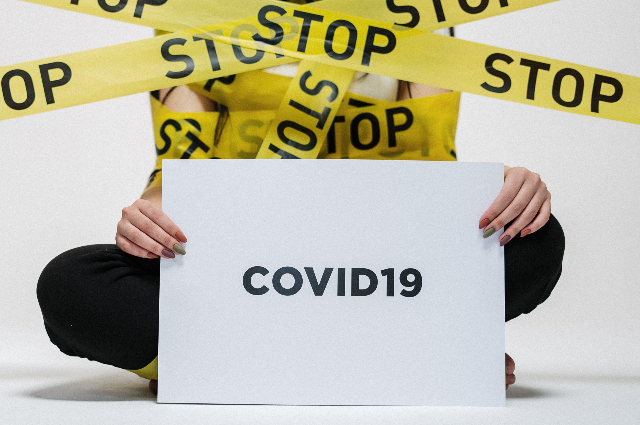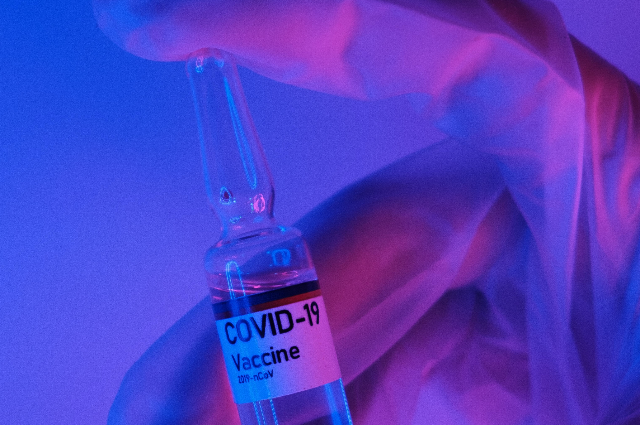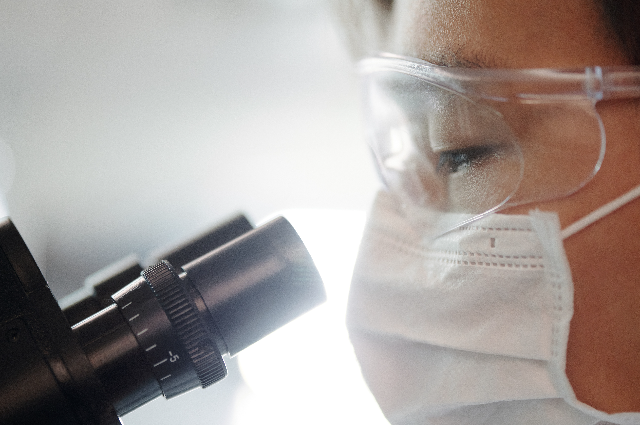
To end the Covid 19 pandemic it is necessary to access safe and effective vaccines and so it is highly encouraging to see so many vaccines going into development. Although vaccines are a game changing tool but we should still continue wearing masks, cleaning our hands, ensuring good ventilation, social distancing etc.
Before going into depth about the effect of vaccines, lets just put some light on what actually a vaccine is. Vaccine is a biological preparation that provides active acquired immunity to a particular infectious disease. It typically contains an agent that resembles a disease-causing microorganism and is made from weakened or killed forms of microbe, its toxins, or its surface proteins.
Ever Wondered how would a vaccine effect your body or how long it could take to become Immune? Let’s know How.
The Immune System-the Body’s Defence against Infection:
To begin with it is first necessary to understand how the body naturally fight illness. The Immune system protects our body from various germs like bacteria and viruses. When germs such as viruses invades our body, they attack and multiply resulting in illness. Immune cells monitor antigens on healthy cells and infected cells. These immune cells destroy the germs by displacing the germs antigen. This leads to activation of other type of immune cells. Plasma cells make molecules called antibodies which travel throughout the body and block on germs which have its specific antigen resulting in germ destruction.
How does a Vaccine work?
The modern Covid-19 vaccine contains the blue print of the virus called the spike protein. Through the vaccine a short piece of RNA sequence enters our body and initiates the production of spike proteins. With traditional vaccine the viral protein along with key spike protein are injected into the muscle usually in the form of inactivated virus. The immune cells present the spike protein as a foreign material to former T cells which alert the killer cells and antibody producing cells about the foreign invasion. These cells produce the memory cells which remembers the spike protein and destroys the virus whenever it attacks and is otherwise called as Natural Immunity.
Later when coronavirus affect us, the antibodies bind to the virus and prevent it from binding to our cells. Although the cells that have hardly been infected are destroyed by the Killer Cells. T-lymphocytes and B-lymphocytes are produced after few weeks of vaccination. Therefore, the person may get infected with covid-19 virus just before or after vaccination and may get sick because the vaccine did not have enough time to provide protection.
Some people may experience fever after taking vaccine which is generally normal and is a sign that your body is building immunity. To be fully vaccinated you need two shots of some covid-19 vaccines.

Common side effects after taking vaccine:
The side effects are normal and show signs that your body is building protection, they may affect your ability to carry out daily activities but they go away within few days. The person may experience Headache, Tiredness, Muscle pains, chills and fever. Side effects after the second shot may be more intense than the ones you experienced after first shot.
When are you considered as Fully vaccinated?
In general, you are considered as fully vaccinated:
- When you have taken both the doses- 2 weeks after the second dose in a 2-dose series
- 2 weeks after a single dose vaccine
- People whose immune system is compromised are advised to take an additional dose of mRNA covid-19 vaccine after 2 initial doses.
Vaccine protection and Infection:
Vaccines usually can prevent most people from getting sick but not everyone. There are chances that people may get infected even after taking all the recommended doses of vaccines because vaccines cannot provide full (100%) protection, so “break-through” infections may occur. Whatsoever if vaccinated people get infected, they are likely to have milder symptoms when compared to people who are not vaccinated.
Myths and Facts:
Myths:
- Covid-19 vaccines contains a microchip
- I don’t need to wear a mask after getting the vaccine
- The vaccine causes infertility in women
- The mRNA technology is new and changes your DNA.
Facts:
- It is safe to get Covid-19 vaccine even if you are trying to get pregnant
- Vaccinated people can still carry and spread the virus to those who didn’t get vaccinated yet
- None of the vaccines use any part of coronavirus that cause Covid-19 and cannot give you the virus
- The mRNA technology doesn’t interfere with DNA and cannot change it.

Delta Variant:
With the increasing number of cases and transmission it’s more likely that dangerous and more transmissible variants emerge, which can spread more rapidly and may result in severe illness. The change in variants may result in mutations which may have a slight impact on ability of vaccines to guard against mild disease and infections.
On July 27,2021 CDC released updated guidance on need for urgently increasing Covid-19 vaccination coverage and recommendation to wear masks, because the new data began to emerge that Delta variant was more infectious and was leading to increased transmissibility even in vaccinated individuals.
Unvaccinated people remain the greatest concern: The greater risk of transmission is among unvaccinated people who are much likely to contract and therefore transmit the virus.
Vaccinated people although affected appear to be infectious for a shorter period: Delta virus seems to produce high amount of virus in both vaccinated and unvaccinated people. However, the amount of virus produced by Delta breakthrough infections in fully vaccinated people goes down faster than infections in unvaccinated people.
Delta variant could be catastrophic in some communities: In communities where the vaccination rates are lower the Delta variant may be more damaging.
Why is it difficult to stop the delta variant from spreading?
It may be difficult due to high level of infectiousness in patients even in the pre-symptomatic phase, because the people are in danger of spreading the virus even before suspecting that they got infected. To be clearer, since the onset of symptoms happens later, more people who got infected with delta variant may pass on the infection to others even before they suspect that they may be ill.
The people who got vaccinated are also at higher risk of getting infected thus one shall continue to wear masks, follow social distancing and other measures to reduce the spread of Virus.
